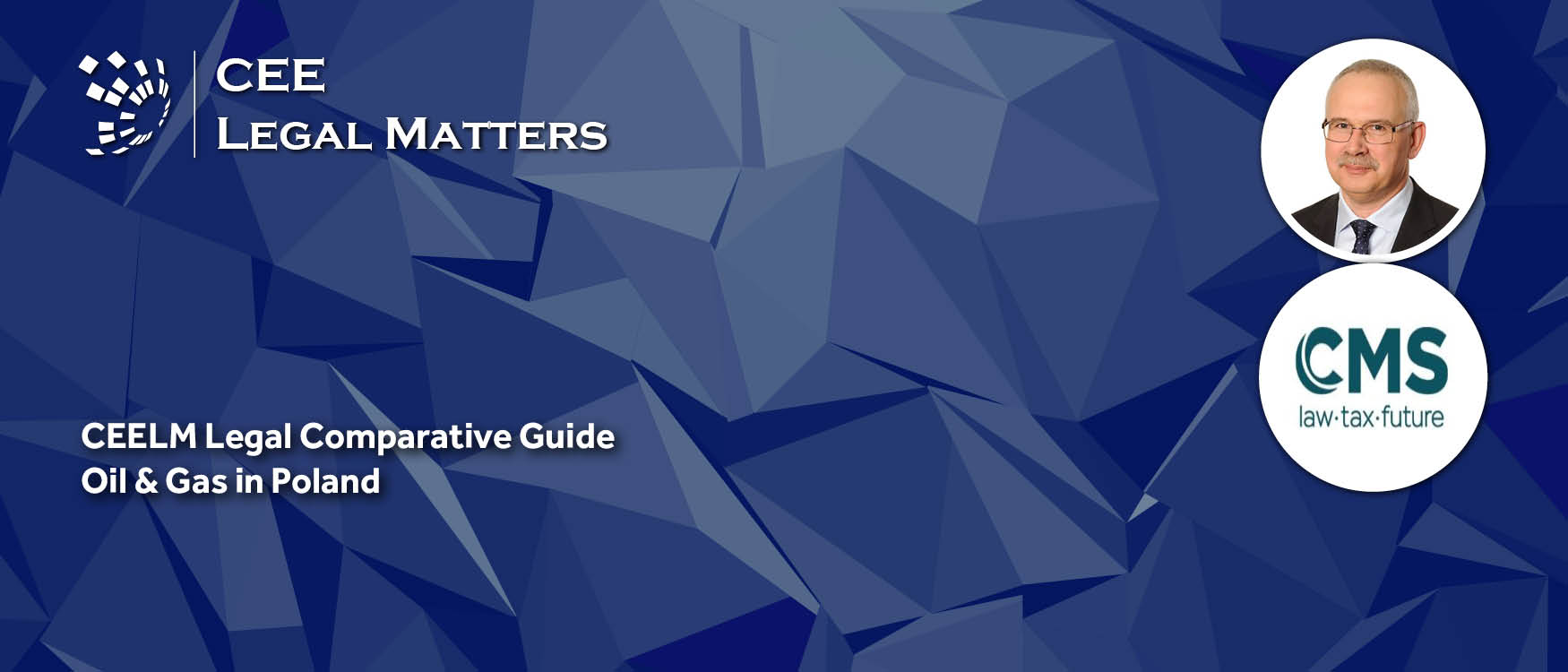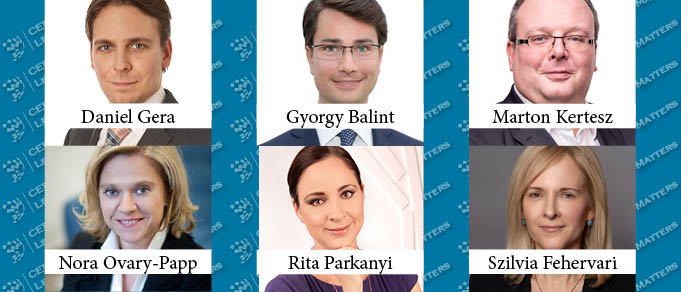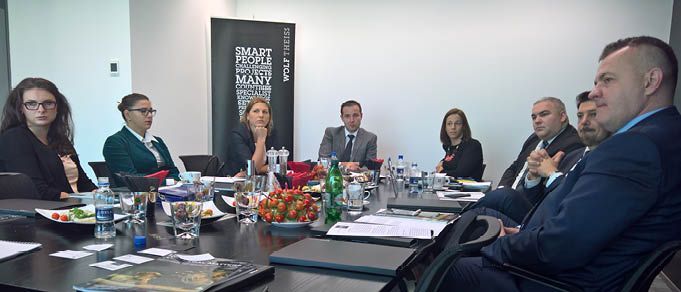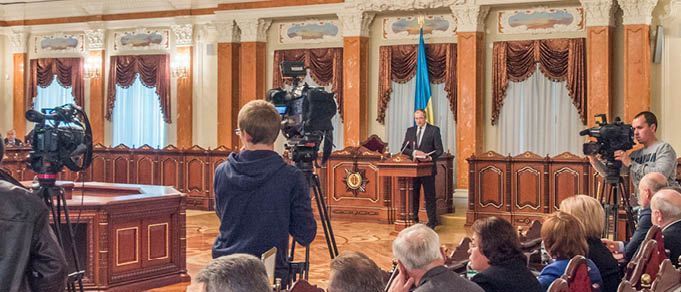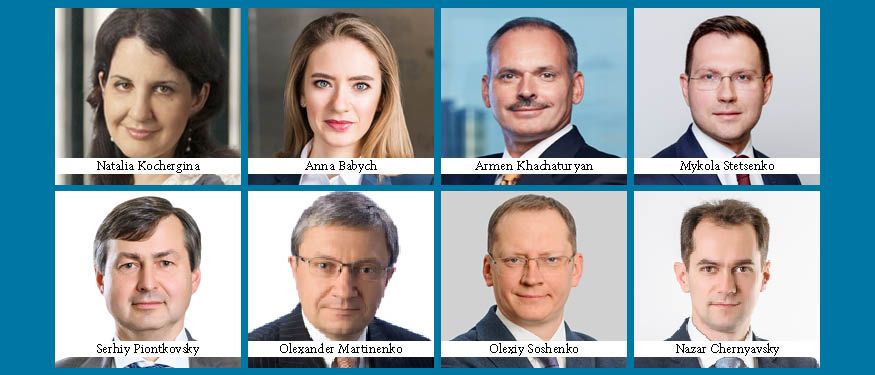Contributed by CMS.
Oil & Gas Laws and Regulations in Turkey
Contributed by CMS.
Oil & Gas Laws and Regulations in Romania
Contributed by CMS.
Oil & Gas Laws and Regulations in Bulgaria
Contributed by CMS.
Employment Considerations in a COVID-19 World: A Hungarian Round Table
On October 7, six leading labor lawyers in Hungary sat down for a virtual round table moderated by CEE Legal Matters Managing Editor Radu Cotarcea. The conversation focused on the current state of affairs of labor regulations in Hungary and their evolution over the pandemic-marked last few months.
Romania Rebounding: A CEELM Round Table
On April 8, 2021, CEE Legal Matters sat with senior partners from four of Romania’s leading law firms for a Round Table conversation.
Bosnian Round Table: A Complicated Situation
On the morning of October 2, 2017, representatives from many of the leading law firms in Bosnia – and two senior in-house counsel – gathered in the Sarajevo offices of Wolf Theiss Bosnia & Herzegovina to discuss the state of the legal market in their uniquely structured country.
Ukrainian Round Table: Judicial Reform in Ukraine
On August 17, a gathering of Dispute Resolution experts from many of the leading domestic and international law firms in Ukraine gathered in Baker McKenzie’s Kyiv offices for a Round Table conversation.
Expert Summit Round Table: Considering an Inconsistent and Threatened Recovery in CEE Legal Markets
On the evening of December 8, 2016, at the Hotel Bristol in Warsaw, CEE Legal Matters hosted the 2016 Expert Summit – our annual gathering of experts from across the region to discuss the state of affairs in CEE Legal Markets.
A Market Dependent on Reform: A Ukrainian Round Table
On July 26, 2016, a cross-section of eminent lawyers from leading law firms in Ukraine gathered at DLA Piper’s Kyiv office for a wide ranging Round Table conversation about the state of the Ukrainian economy and legal market and their expectations for both going forward.
CEELM Round Table on State of Ukrainian Legal Market
Experts from top tier local and international firms gathered on July 26 at the DLA Piper office in Kyiv to discuss the current state of the Ukrainian legal landscape.
Hope in Hungary: The Return of a Cautious Optimism to the Hungarian Legal Market
A select group of prominent Hungarian lawyers gathered at Dentons’ Budapest office on April 6, 2016, for a CEE Legal Matters Round Table conversation about the state of and prospects for the Hungarian economy and the Hungarian legal market. The 90-minute conversation touched on topics including the encouraging signs of recovery, the effects of the “soft nationalization” carried out by the Hungarian government in various sectors, fee trends, and changing expectations of the new generation of lawyers.
Ukrainian Round Table: Senior Partners Review the State of the Market
On March 26, 2015, CEE Legal Matters brought Senior Partners from the leading international, regional, and local law firms in Ukraine to Wolf Theiss’s office in Kyiv for a management-level Round Table conversation on the state of the Ukrainian legal market.

